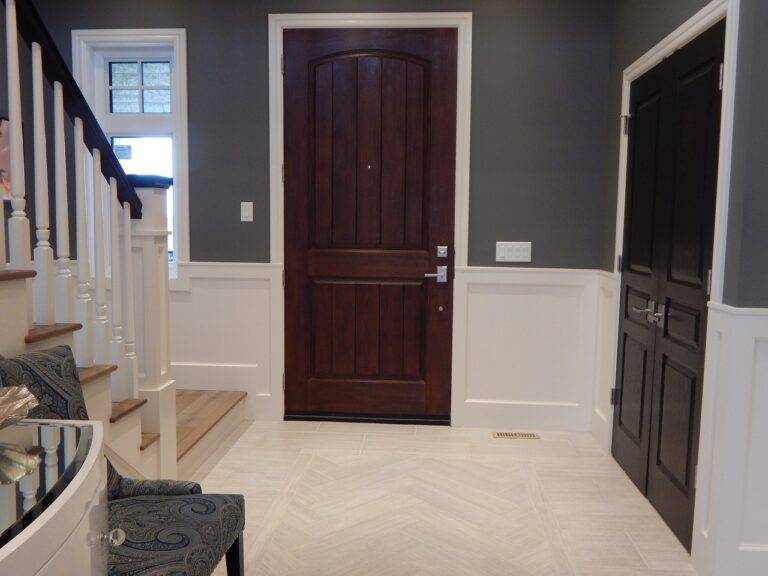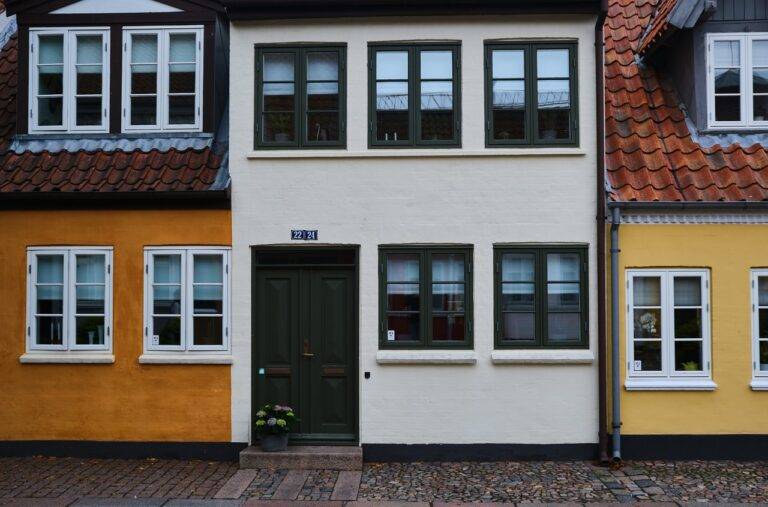The Art of Feng Shui in Home Interior Design
Feng Shui is an ancient Chinese practice that focuses on harmonizing individuals with their surrounding environment. The term “Feng Shui” translates to “wind-water” in English, reflecting the core elements of this practice. It is based on the belief that the arrangement of objects and spaces can impact one’s energy flow, leading to improved health, wealth, and overall well-being.
Practitioners of Feng Shui consider various factors such as the layout of a space, color schemes, and the placement of furniture to create a harmonious and balanced environment. By paying attention to these aspects, individuals can enhance the flow of positive energy, known as “Qi,” and minimize the impact of negative energies. Feng Shui is not just about physical spaces but also extends to spiritual and emotional aspects, aiming to create a sense of peace and harmony in one’s surroundings.
The History of Feng Shui
Feng Shui, an ancient Chinese practice, dates back thousands of years and has deep roots in Chinese culture. Its origins can be traced back to the observations made by ancient Chinese sages who noticed the correlation between their surroundings and the quality of their lives. Over time, Feng Shui evolved into a comprehensive system that aims to harmonize individuals with their environment to promote health, wealth, and overall well-being.
Throughout history, Feng Shui has been influenced by a variety of factors, including Chinese philosophies such as Taoism and Confucianism, as well as advancements in architecture and urban planning. The practice gained popularity during the Han Dynasty and continued to be embraced by emperors, scholars, and common people alike. Feng Shui principles were used to design palaces, burial sites, and cities to ensure harmony and prosperity. Today, the ancient practice of Feng Shui remains relevant as people seek to create balance and positive energy in their homes and workplaces.
Key Principles of Feng Shui
Feng Shui is an ancient Chinese practice rooted in the belief that the arrangement of objects in a space can impact one’s energy flow, or qi. One key principle of Feng Shui is the concept of yin and yang, which focuses on achieving balance and harmony in all aspects of life. This principle emphasizes the importance of finding equilibrium between opposite forces, such as light and dark, hot and cold, or active and passive energies.
Another fundamental principle of Feng Shui is the Bagua map, a tool used to analyze the energy of a space and determine how it relates to different areas of life, such as wealth, health, relationships, and career. By utilizing the Bagua map, practitioners can identify areas in their environment that may be affecting their overall well-being and make adjustments to enhance positive energy flow.
What is Feng Shui?
Feng Shui is an ancient Chinese practice that focuses on harmonizing individuals with their surrounding environment to promote balance, prosperity, and well-being.
How does Feng Shui work?
Feng Shui works by analyzing the flow of energy, or qi, in a space and making adjustments to enhance the positive energy while minimizing the negative energy. This is done through the arrangement of furniture, colors, and decor in a way that promotes harmony and balance.
Is Feng Shui a religious practice?
While Feng Shui does have roots in Chinese spirituality and philosophy, it is not inherently a religious practice. It can be applied by individuals of all faiths and backgrounds to create a more harmonious living environment.
Can Feng Shui really improve my life?
Many people believe that practicing Feng Shui can lead to positive changes in various aspects of life, such as relationships, health, and financial success. While results may vary, creating a more balanced and harmonious living space can have a positive impact on overall well-being.
Are there specific rules to follow when applying Feng Shui?
While there are general principles and guidelines to follow in Feng Shui, it is also important to trust your own intuition and make adjustments based on your own unique needs and preferences. Experimenting with different arrangements and observing how they affect your energy and mood can help you find what works best for you.







